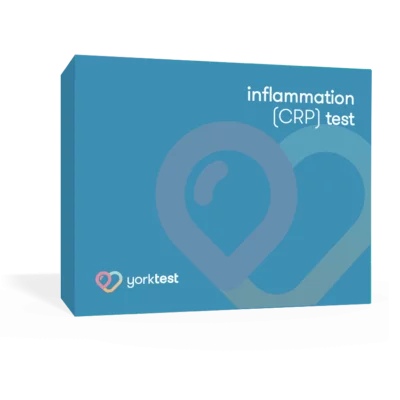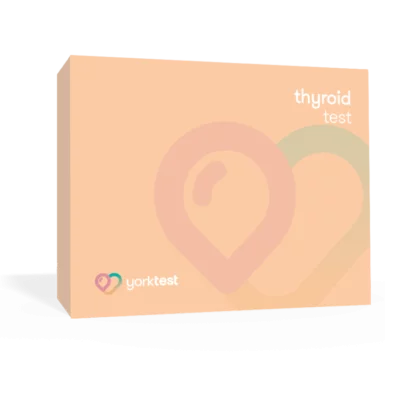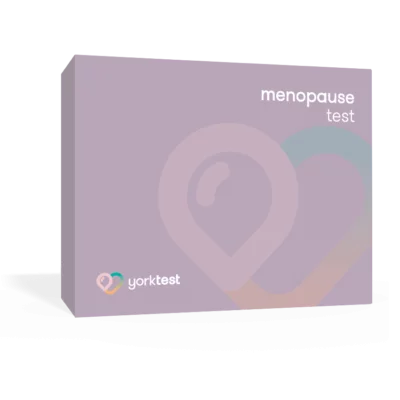
The 10 Best Foods to Eat If You Have Arthritis
Did you know that there are over 100 different types of arthritis? And that each type has individual causes and treatments? Here we explore and understand more about arthritis and how what we eat can affect the condition.
Does lifestyle really play a part in the onset? What’s an arthritis diet plan that can help arthritic symptoms? Are there foods to avoid with arthritis? Let’s find out.
What is arthritis?
While there may be over 100 different types of arthritis, the two most common are rheumatoid arthritis and osteoarthritis. An autoimmune disease, rheumatoid arthritis causes your immune system to malfunction and ultimately start to attack your joints as it usually would bacteria or viruses. Osteoarthritis is a gradual condition, which involves the wearing down of the cartilage in your joints over time.
General symptoms of arthritis include:
- Pain during joint movement
- Stiffness or swelling
- Redness around the joint
- Loss of appetite
- Fatigue
Arthritis symptoms usually develop over years; however, they can also have a sudden onset depending on the type.
Can you cure arthritis with diet?
If arthritis is caused by inflammation, and certain foods can help reduce inflammation, then surely that means an anti-inflammatory arthritis diet can completely cure it, right? Well not quite.
There is no absolute cure for arthritis, not least a simple diet fix. But, eating certain foods that reduce inflammation and help increase the strength of our bones and immune systems can help when it comes to managing symptoms of arthritis.
Certain foods can also make symptoms worse. Repeatedly eating a food that we are intolerant to can put a great amount of stress on our bodies and cause inflammation. These are foods to avoid with arthritis and should be eliminated from your diet to help ease arthritis symptoms.
The University of York conducted a survey* to help understand the benefits of elimination diets based on the results of a food intolerance test.
Out of the 177 people who reported experiencing general aches and pains, including joint pain, 88% reported an improvement having removed their ‘trigger’ foods. We define these as foods which show a positive IgG reaction to antibodies in the blood.
Overall in the study, 76% of people who rigorously followed the recommended diet reported a benefit, 68% of which experienced this after 3 weeks.
*Survey carried out with a total of 5286 people who had taken the yorktest – or to give it its scientific name – a food-specific IgG enzyme-linked immunosorbent assay (ELISA) blood test.
What triggers arthritis flare ups?
For osteoarthritis, over-exertion is the primary trigger for an arthritis flare up. In fact, any kind of pressure on your joints can trigger symptoms, such as weight gain, cold weather or repeated motion.
Rheumatoid arthritis, on the other hand, is triggered by your immune system. Stressed or eating foods you’re intolerant to? These factors may be making your arthritis worse.
Not sure if you have a food intolerance? As individuals, our reactions to foods and drinks we consume varies a great deal. An ingredient which may cause problems for one person could be completely acceptable for another. At yorktest, we like to refer to this as our personal ‘food fingerprint’.
For those with joint pain, discovering and understanding your own personal food and drink intolerances and the effects they have on your health and wellbeing is important to ensure you make the best possible choices to optimise your diet and quality of life. Identifying and eliminating these specific foods from your diet can be an important step forward in maintaining an anti-inflammatory diet which could be beneficial to your joint health.
What foods make arthritis worse?
Which are the foods to avoid with arthritis or if you’re following an anti-inflammatory arthritis diet plan?
Fried foods
Anything fried, processed or containing hydrogenated oils triggers systemic inflammation. Ensure to eliminate fast food, fried breakfasts, sweets and doughnuts from your diet.
Sugar
Research shows that sugars, of any kind, release cytokines into the body. Cytokines are known to cause inflammation, aggravating arthritis in its many forms, and should be completely avoided.
Saturated fats
Love pizza smothered in cheese? Bad news. Saturated fats, found in red meats, dairy, pasta and desserts, worsen inflammation and arthritic symptoms.
Oils
Consuming a pinch of sunflower or any other oil should be okay, but eating Omega 6 fatty acids (mayonnaise, grapeseed oil, peanut oil or salad dressings containing oil) in great quantities can cause inflammation.
Other foods and drinks to avoid include refined carbohydrates (bread, chips, white rice), alcohol, MSG and (if you are sensitive to it) gluten. Studies show that there may be an overlap of those who suffer with arthritis and those who have coeliac disease. If you think you may have the latter, it’s important to go to your GP and find out by taking a simple test.
Are eggs good for arthritis?
Studies show that regularly eating Omega-3 acids, like eggs, can reduce inflammation. Yet, the results are very different if you have an egg intolerance or sensitivity.
Here at yorktest, we conducted a study that showed that those with an autoimmune disorder, such as Rheumatoid Arthritis, display a much greater reaction to particular foods than those with healthy autoimmune systems.
With a simple finger-prick blood test, the yorktest laboratory team can identify your IgG antibody reactions to up to 200 food and drink ingredients.
Our experts can then guide you through the process and provide dietary advice that will help you make sure you don’t lose out on the nutrients, should you be advised to cut certain foods out of your diet altogether.
What are the best foods to eat if you have arthritis?
The best diet to follow if you have arthritis is an anti-inflammatory diet, also known by many as the Mediterranean diet. Here is a list of the best foods for arthritis.
Fish
Studies show that eating fish or taking fish oil supplements of 600 to 1,000 mg positively impact joint health, reducing stiffness and swelling.
Fruits
Packed with antioxidants, vitamins and anti-inflammatory anthocyanins, certain fruits such as cherries and blueberries keep joints healthy can help prevent inflammatory arthritis flare ups.
Vegetables
Vegetables, leafy greens especially, share the same health impact for arthritis as fruits.
Dried prunes
The polyphenols in prunes may ease the symptoms of inflammation in an arthritis sufferer.
Nuts
Eating 1 ½ handfuls of nuts a day gives you a fantastic dose of inflammation-fighting monounsaturated fat.
Olive Oil
Antioxidants and oleocanthal are what make olive oil such a beneficial food for an anti-inflammatory diet, with oleocanthal’s effects having been likened to that of ibuprofen but in natural form.
Quinoa
Wanting a simple recipe for helping with arthritis? Reach for the quinoa. Full of fibre, quinoa is reported to lower levels of the inflammatory C-reactive protein in the blood.
Porridge
Like quinoa, oats also have anti-inflammatory properties and help decrease C-reactive proteins in the body.
Beans
Beans, beans, good for your heart. The more you eat, the more you… lower inflammation and lessen arthritic symptoms. Protein-packed and nutrient-dense, beans also boost your immune system.
Garlic
Scientists have found that those who regularly munch on garlic, leeks or onions are less likely to get osteoarthritis as they grow older.









